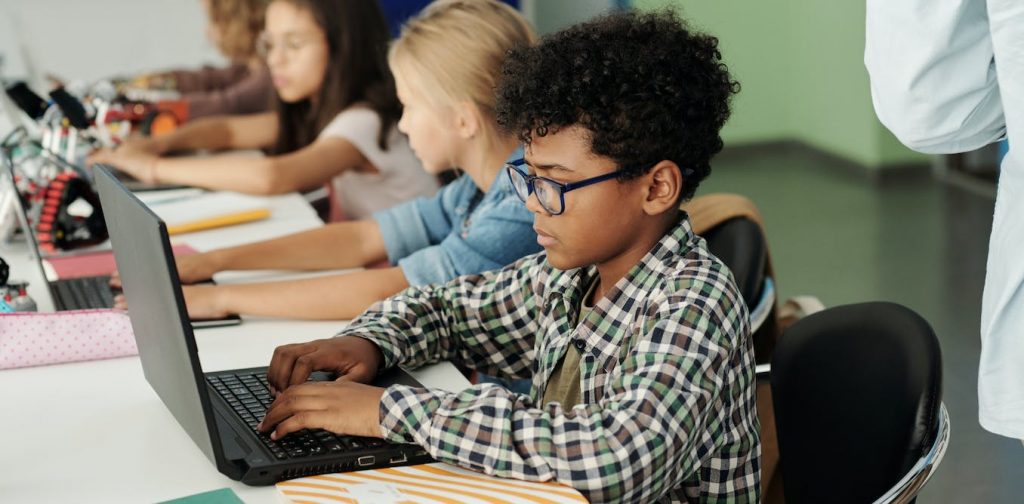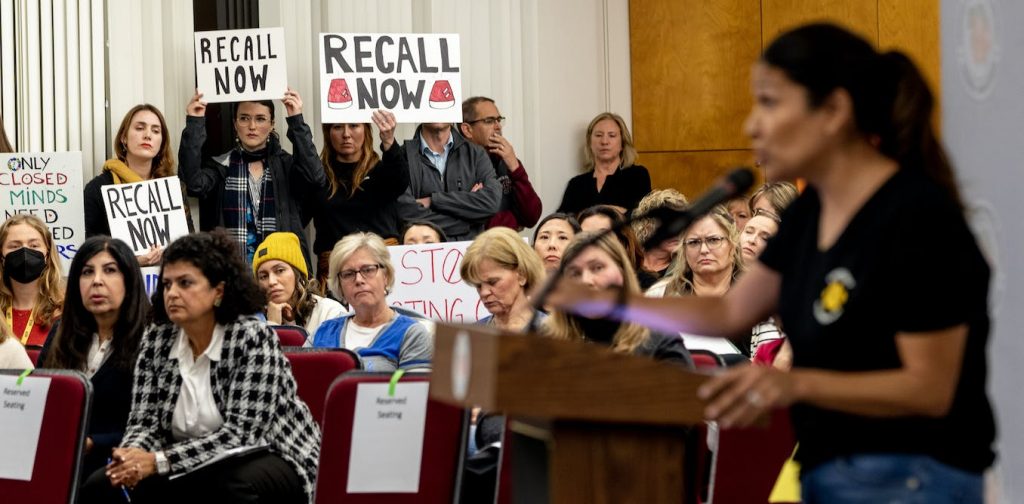3 ways to use ChatGPT to help students learn — and not cheat

Since ChatGPT can engage in conversation and generate essays, computer codes, charts and graphs that closely resemble those created by humans, educators worry students may use it to cheat. A growing number of school districts across the country have decided to block access to ChatGPT on computers and networks.
As professors of educational psychology and educational technology, we’ve found that the main reason students cheat is their academic motivation. For example, sometimes students are just motivated to get a high grade, whereas other times they are motivated to learn all that they can about a topic.
The decision to cheat or not, therefore, often relates to how academic assignments and tests are constructed and assessed, not on the availability of technological shortcuts. When they have the opportunity to rewrite an essay or retake a test if they don’t do well initially, students are less likely to cheat.
We believe teachers can use ChatGPT to increase their students’ motivation for learning and actually prevent cheating. Here are three strategies for doing that.
1. Treat ChatGPT as a learning partner
Our research demonstrates that students are more likely to cheat when assignments are designed in ways that encourage them to outperform their classmates. In contrast, students are less likely to cheat when teachers assign academic tasks that prompt them to work collaboratively and to focus on mastering content instead of getting a good grade.
Treating ChatGPT as a learning partner can help teachers shift the focus among their students from competition and performance to collaboration and mastery.
For example, a science teacher can assign students to work with ChatGPT to design a hydroponic vegetable garden. In this scenario, students could engage with ChatGPT to discuss the growing requirements for vegetables, brainstorm design ideas for a hydroponic system and analyze pros and cons of the design.
These activities are designed to promote mastery of content as they focus on the processes of learning rather than just the final grade.
2. Use ChatGPT to boost confidence
Research shows that when students feel confident that they can successfully do the work assigned to them, they are less likely to cheat. And an important way to boost students’ confidence is to provide them with opportunities to experience success.
ChatGPT can facilitate such experiences by offering students individualized support and breaking down complex problems into smaller challenges or tasks.
For example, suppose students are asked to attempt to design a hypothetical vehicle that can use gasoline more efficiently than a traditional car. Students who struggle with the project – and might be inclined to cheat – can use ChatGPT to break down the larger problem into smaller tasks. ChatGPT might suggest they first develop an overall concept for the vehicle before determining the size and weight of the vehicle and deciding what type of fuel will be used. Teachers could also ask students to compare the steps suggested by ChatGPT with steps that are recommended by other sources.
3. Prompt ChatGPT to give supportive feedback
It is well documented that personalized feedback supports students’ positive emotions, including self-confidence.
ChatGPT can be directed to deliver feedback using positive, empathetic and encouraging language. For example, if a student completes a math problem incorrectly, instead of merely telling the student “You are wrong and the correct answer is …,” ChatGPT may initiate a conversation with the student. Here’s a real response generated by ChatGPT: “Your answer is not correct, but it’s completely normal to encounter occasional errors or misconceptions along the way. Don’t be discouraged by this small setback; you’re on the right track! I’m here to support you and answer any questions you may have. You’re doing great!”
This will help students feel supported and understood while receiving feedback for improvement. Teachers can easily show students how to direct ChatGPT to provide them such feedback.
We believe that when teachers use ChatGPT and other AI chatbots thoughtfully – and also encourage students to use these tools responsibly in their schoolwork – students have an incentive to learn more and cheat less.





